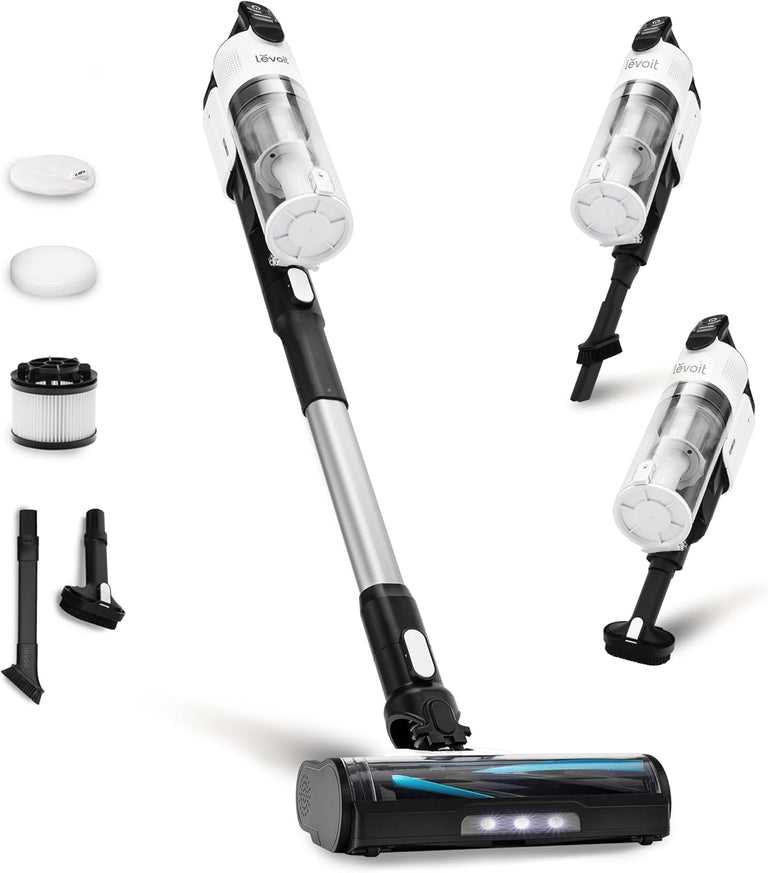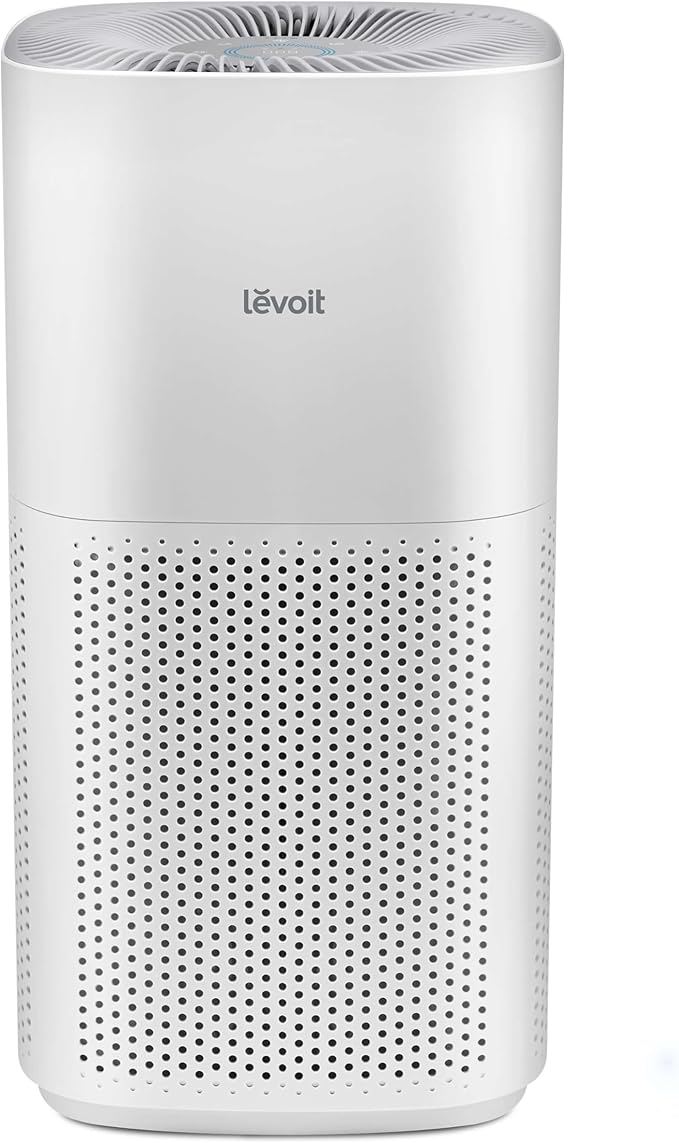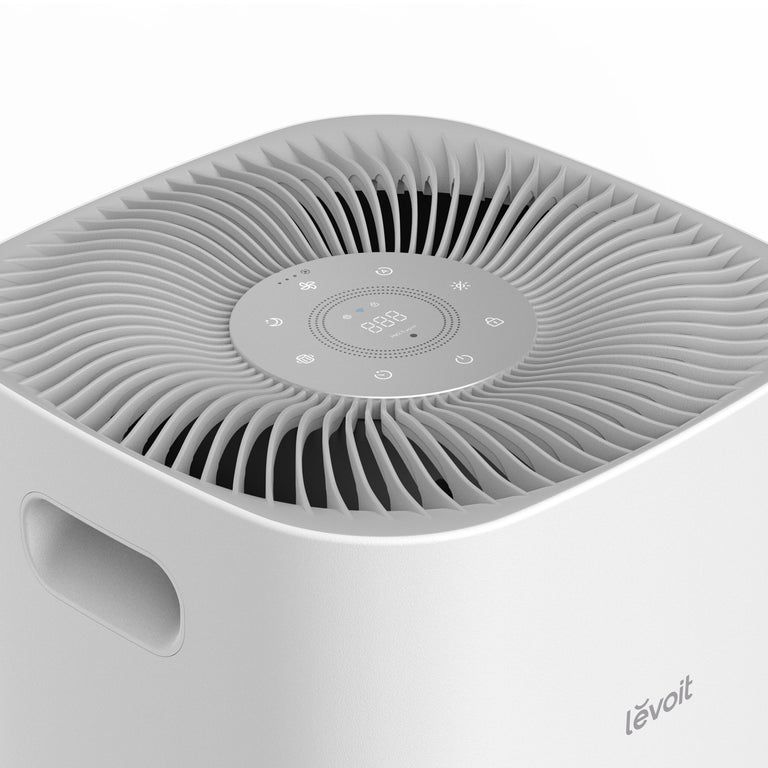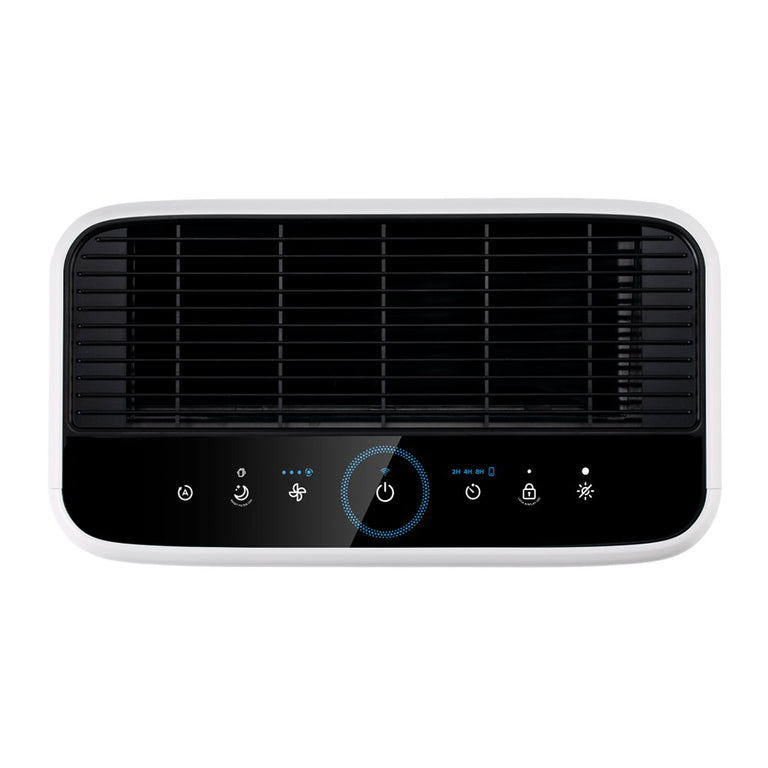
Air Quality & Climate Change
-
1 min read
Air Quality & Climate Change
These days, the world seems to be spinning faster than normal, especially when it comes to the dialogue surrounding climate change. While it can feel impossible to keep up, staying informed is an easy and important step towards protecting our planet’s climate and air quality.
What’s the Greenhouse Effect?
Our planet’s weather, oceans, and ecosystems are changing, and the evidence points to global warming and a surplus of greenhouse gases in our atmosphere.
According to the EPA, “When sunlight reaches the earth's surface, it can either be reflected back into space or absorbed by the Earth. Incoming energy that is absorbed by the Earth warms the planet. Once absorbed, the planet releases some of the energy back into the atmosphere as heat. Solar energy that is reflected back to space does not warm the Earth. Certain gases in the atmosphere absorb energy, slowing or preventing the loss of heat to space. Those gases are known as "greenhouse gases". They act like a blanket, making the Earth warmer than it would otherwise be.”
How Does Climate Change Impact Air Quality?
Airborne Pollution:
Global climate changes affect our local weather, such as temperature and rainfall patterns. This can lead to increased ground-level ozone and PM2.5 (particulate matter). This pollution not only affects outdoor air quality, but your indoor air quality, as well. It’s all too easy for pollutants to sneak inside your home through open doors, windows, and pets—they can even hitch a ride on your clothes and shoes.
Wildfires:
Higher temperatures and dry weather are key ingredients for wildfires. Wildfire smoke can travel for thousands of miles when caught in the atmospheric jet stream. This smoke contains many harmful pollutants, sulfuric acid, ammonium sulfate, organic chemicals, soot, metals, and pollen—not great stuff for our air supply.
Seasonal Changes:
Thanks to climate change, we may start to see earlier and longer springs and summers. This would lengthen our exposure to pollen and other springtime allergens.
Steps You Can Take
- Reduce motor vehicle-driven pollution by walking, biking, and carpooling when you can.
- Plant trees and participate in local environmental cleanup activities.
- Follow your local guidelines about wildfire prevention and don’t use fireworks or flames in areas prone to wildfires.
- Check the Air Quality Index (AQI) to stay updated on your local air quality to avoid unnecessary exposure.
- Care for your indoor air quality by using an air purifier.
By staying informed and taking action, you can join the fight against climate change and its effect on the air we breathe.
Sources:
Why Wildfire Smoke is a Health Concern | US EPA
Smoke from California fires reaches the East Coast and Europe - Los Angeles Times (latimes.com)
Air Quality and Climate | US EPA
Important Note
The information provided here is for informational and educational purposes only and should not be used in medical emergencies or for diagnosing or treating any medical condition. It's crucial to consult a licensed medical professional for diagnosis and treatment. External links are for informational purposes and do not constitute endorsements. No warranty of any kind, either expressed or implied, is made as to the products and/or the accuracy, reliability, timeliness, or correctness of the information provided herein.
Featured Products
-
Regular price $189.99Unit price perRegular price
$189.99$189.99- Smart
- Large rooms
-
Regular price $139.99Unit price perRegular price
$139.99$139.99- Smart
- Medium rooms






